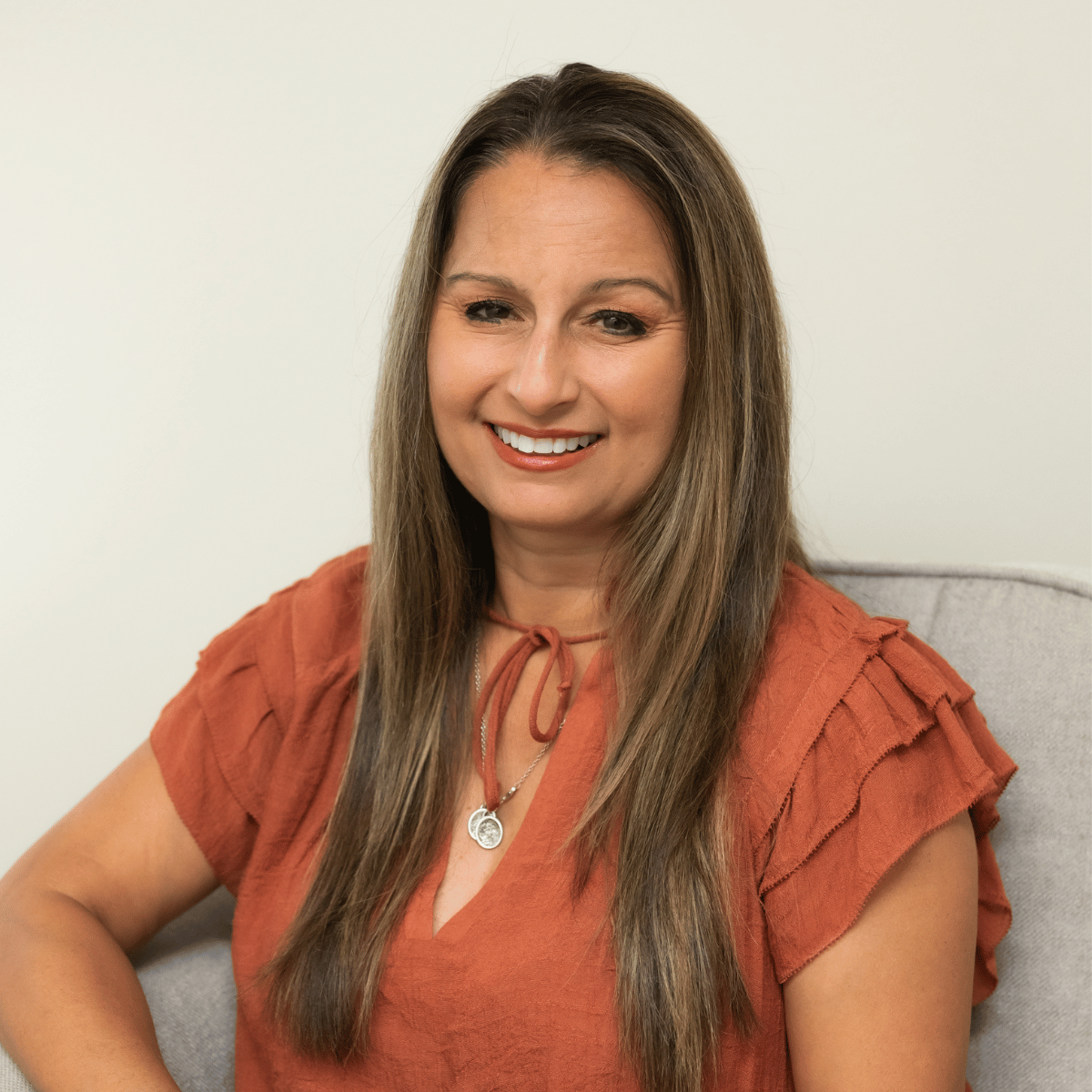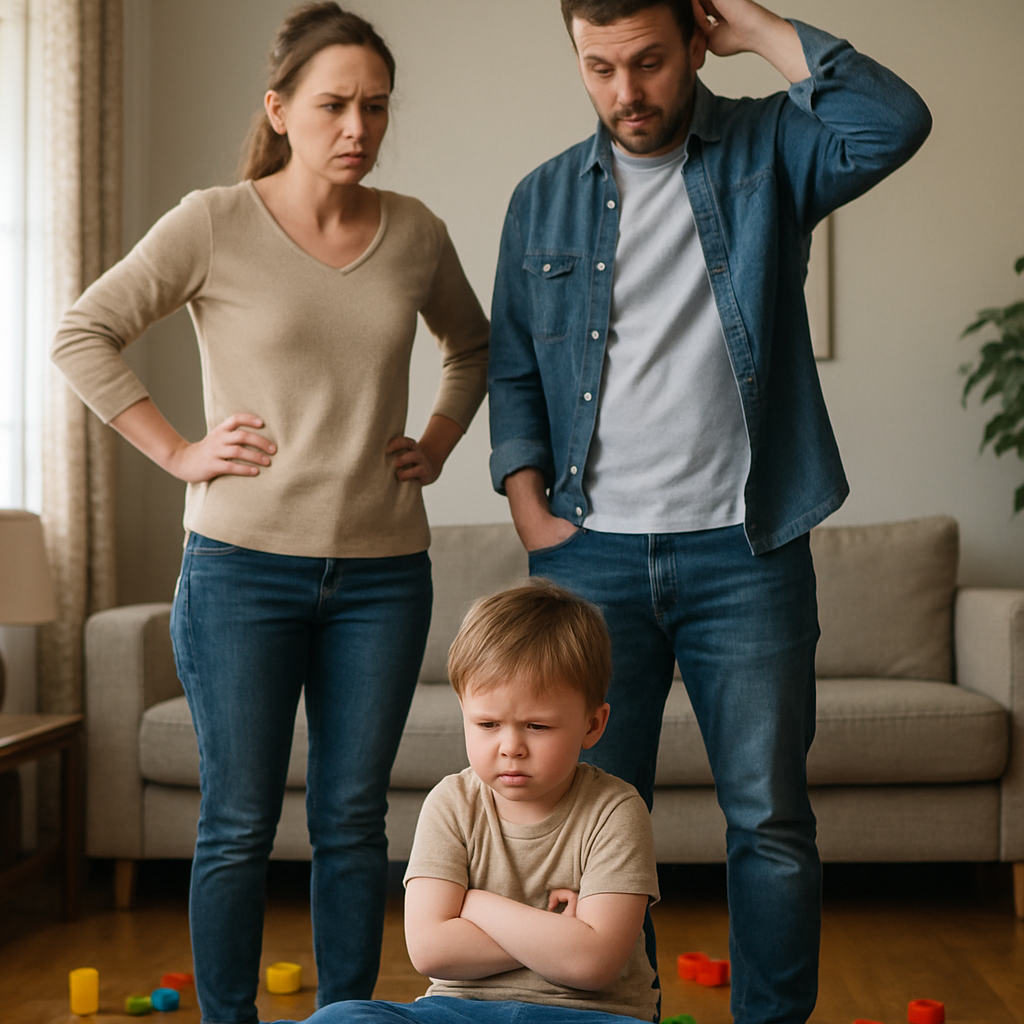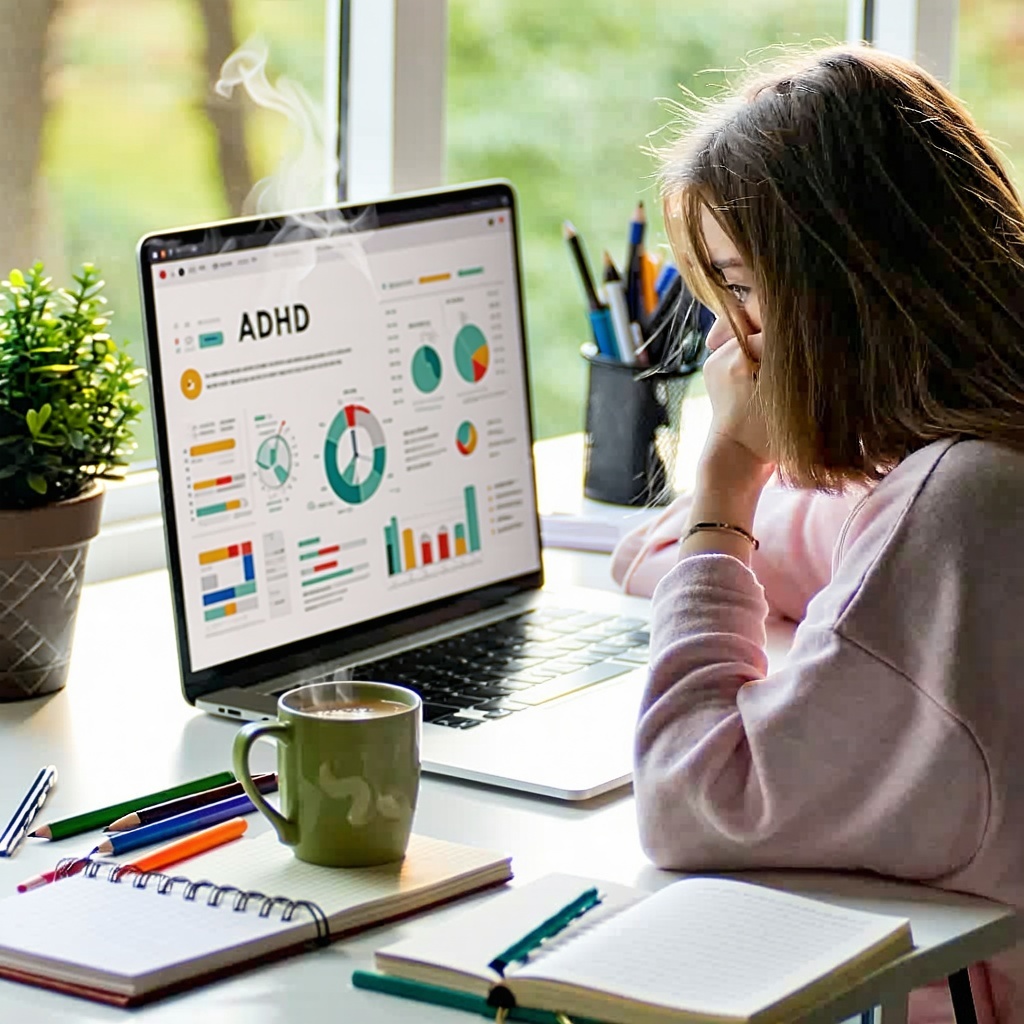ODD and Medication: When "Strong-Willed" Isn't Just a Phase
Let's say it out loud, just to get it off our chests:Parenting a child with Oppositional Defiant Disorder (ODD) is HARD.
5 min read
 Monique Cohen, APRN, PMHNP-BC
:
Aug 26, 2025 1:16:27 PM
Monique Cohen, APRN, PMHNP-BC
:
Aug 26, 2025 1:16:27 PM

Let's get something straight right out of the gate:
Eating disorders aren't about vanity.
They're not just about weight or willpower or wanting to look like someone on Instagram.
They're about control. They're about pain. They're about anxiety, fear, trauma, and trying to survive in a world that often feels overwhelming.
And recovery? It’s about so much more than just eating again.
If you or someone you love is living with an eating disorder, know this:
You're not weak.
You're not broken.
And you deserve every bit of support available, including medication.
Let's talk about how medication can be part of the healing process, not the whole solution, but a tool that helps make recovery possible.
An eating disorder isn't a "phase" or something you'll just grow out of. It's a serious mental health condition that affects your thoughts, emotions, and physical body. It can become the voice in your head, the controller of your routines, the lens through which you see your entire world.
Common types of eating disorders include:
Restricting food intake, often accompanied by an intense fear of gaining weight and a distorted body image. Sometimes includes over-exercising or obsessive thoughts around food and control.
Cycles of bingeing and purging, through vomiting, laxatives, fasting, or excessive exercise, driven by a loss of control and overwhelming guilt or shame.
Episodes of consuming large amounts of food in a short time, often secretly and with feelings of shame and helplessness, without purging behaviors.
Extreme picky eating or avoidance of food, not tied to body image but to fear of choking, vomiting, or sensory issues. Often seen in neurodivergent individuals.
When symptoms don’t meet the full criteria for one disorder but are still very real and distressing.
Whatever the diagnosis, or even if you don’t have one but know something’s off, your experience is valid. And your brain may need help healing.
Here's what I want to say gently and clearly:
Medication will not cure your eating disorder.
But it can reduce the symptoms that make recovery feel impossible.
Things like:
Think of medication as a stabilizer, a way to reduce the intensity of the storm so you can actually start building shelter. It helps quiet the noise in your brain long enough for therapy, nutrition, and body-based healing to take root.
Medication can be helpful at different stages of recovery. You don’t have to wait until you're weight-restored or "doing better". You can start when:
Sometimes meds are a short-term bridge. Sometimes they're a long-term support. Either way, you're still doing the work, the medication just helps make that work possible.
Let's break down some of the meds your provider might talk to you about, depending on your diagnosis and symptoms.
Often used for depression and anxiety, both of which are extremely common with eating disorders.
Examples:
SSRIs aren’t sedating. They don’t make you “happy.” They help stabilize the emotional rollercoaster so you can think more clearly.
Also used for depression and anxiety, with a little more help for focus and fatigue.
Examples:
Sometimes used when there's also chronic pain or physical tension.
Bupropion (Wellbutrin) is sometimes used in binge eating disorder, but not in those with a history of purging or underweight anorexia due to seizure risk.
Used in some cases of anorexia when obsessive thoughts are extreme or when anxiety is off the charts.
Examples:
These are used cautiously and with monitoring, not as a punishment or "last resort," but as a supportive tool.
Occasionally used in binge eating disorder (like Vyvanse) under medical supervision. These are not for appetite suppression but for improving impulse control and reducing binge episodes.
Hydroxyzine, Trazodone, or non-habit-forming options can help with sleep or panic, especially early in treatment when things feel overwhelming.
This fear is real, and we're not going to dismiss it. Body image fears are part of most eating disorders, and fear of weight gain can feel paralyzing.
But here's the thing: your body deserves nourishment and safety. And your brain? It needs enough stability to help you see beyond the eating disorder.
Some medications may affect weight. Others don't. Your provider will work with you, not against you, to find something that supports your recovery and feels tolerable to your body.
And remember: any changes in your body are not failures. They are steps toward healing.
"Will It Change Who I Am?"
No. The goal is not to flatten your personality or take away your identity. The right medication helps you feel more like yourself, not less.
People often say:
"I still feel like me—but calmer."
"I'm able to eat and not panic for the first time in years."
"The food thoughts are still there, but they don't own me anymore."
Taking medication doesn't mean you're skipping the hard work.
You'll still need:
Medication is not the whole solution. It's one part of a comprehensive, compassionate recovery plan.
That's okay. You don't have to decide today. You don't have to commit to anything long-term.
You are allowed to be curious. You're allowed to ask questions. You're allowed to say:
"I don't want to take meds, but I'm struggling."
"I'm afraid of side effects, but I need something to help."
"I've never talked about this before, but I'm ready now."
Your provider should never shame you, push you, or guilt you. They should walk beside you, helping you make informed, empowered choices.
You're allowed to eat.
You're allowed to rest.
You're allowed to cry.
You're allowed to take up space.
You're allowed to heal.
And yes, you're allowed to take medication if it helps.
Not because you're weak. Not because you "need fixing".
But because you are fighting a hard battle, and you deserve all the support available.
Eating disorders lie.
They tell you you're not sick enough.
That you're doing this for attention.
That you can fix it yourself.
That you're fine.
That you're not worth saving.
Don't believe them.
Recovery is possible.
Peace is possible.
And medication? For some, it's the bridge that helps you finally start building your life outside the eating disorder.
If you're thinking about it, talk to someone. A therapist, a doctor, a Psychiatric Nurse Practitioner, someone who gets it.
This is your life. You deserve to live it.
Fully. Nourished. And well.


Let's say it out loud, just to get it off our chests:Parenting a child with Oppositional Defiant Disorder (ODD) is HARD.

Let’s set the record straight: taking medication for ADHD is not a shortcut, a personality transplant, or a moral failure. You’re not trying to...

Let's start with a deep breath.